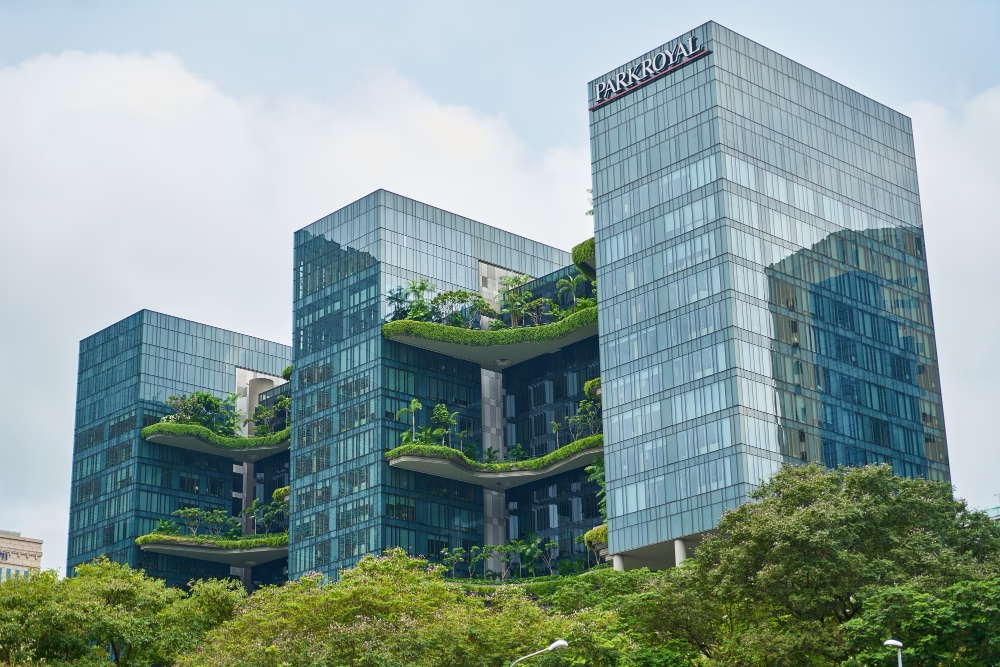
Urban Design Services That Meet Australian Green Building Standards
Discover how urban design services help meet Australian green building standards. Learn how Smart Planning and Design supports sustainable, compliant projects.
read more

Coastal towns in Australia are experiencing rapid urban growth, requiring careful planning to balance development with environmental sustainability. With increasing populations, climate change threats, and pressure on natural ecosystems, urban planners must implement strategies that ensure resilience, livability, and ecological preservation.
Coastal urban planning presents unique challenges, including erosion, rising sea levels, and extreme weather conditions. Poorly planned coastal expansion can lead to habitat destruction, increased flooding risks, and loss of community identity. Addressing these challenges requires a comprehensive and forward-thinking approach to planning and design.
To ensure long-term sustainability, coastal towns require smart planning and design principles that integrate economic, social, and environmental factors. A well-planned coastal town enhances resilience, supports sustainable tourism, and fosters a strong sense of community while minimizing environmental impact.
Preserving coastal ecosystems is essential to maintaining biodiversity and mitigating climate risks. Sustainable coastal development incorporates:
Climate change poses a significant threat to coastal communities, making resilience a top priority. Strategies include:
Sustainable growth in coastal towns requires a balance between economic development and quality of life. Effective planning prioritizes:
The Coastal Town Planning and Urban Design Analysis project by Smart Planning & Design aimed to create a sustainable urban framework for a growing coastal community. The objectives included:
Our team implemented several solutions to address common coastal planning issues:
The project successfully demonstrated how coastal towns can balance urban expansion with ecological preservation. Key outcomes included:
Public participation is crucial in shaping resilient and sustainable coastal towns. Engaging stakeholders through workshops, surveys, and participatory planning ensures that development aligns with local needs and values.
Advanced technology plays a vital role in optimizing coastal planning. GIS mapping, climate modeling, and smart city infrastructure enhance decision-making and long-term planning efforts.
To future-proof coastal towns, urban planners must implement:
Coastal urban planning must prioritize resilience, sustainability, and community well-being. The case study of Coastal Town Planning and Urban Design Analysis highlights the importance of smart planning solutions in creating thriving coastal communities.
At Smart Planning & Design, we specialize in creating innovative, resilient, and sustainable coastal town plans. Our expertise ensures that projects balance growth, environmental responsibility, and community needs.
👉 Explore our portfolio of successful projects and see how we’ve transformed coastal towns across Australia on our Projects Page.
👉 Ready to start your next project? Contact us today to discuss how we can bring your vision to life.

Discover how urban design services help meet Australian green building standards. Learn how Smart Planning and Design supports sustainable, compliant projects.
read more

Discover the benefits of mixed-use developments in town planning Australia. Learn how they boost convenience, sustainability, and community connection.
read more

Discover why feasibility studies are essential in town planning Australia. Learn how they save time, reduce risks, and improve approval chances.
read more